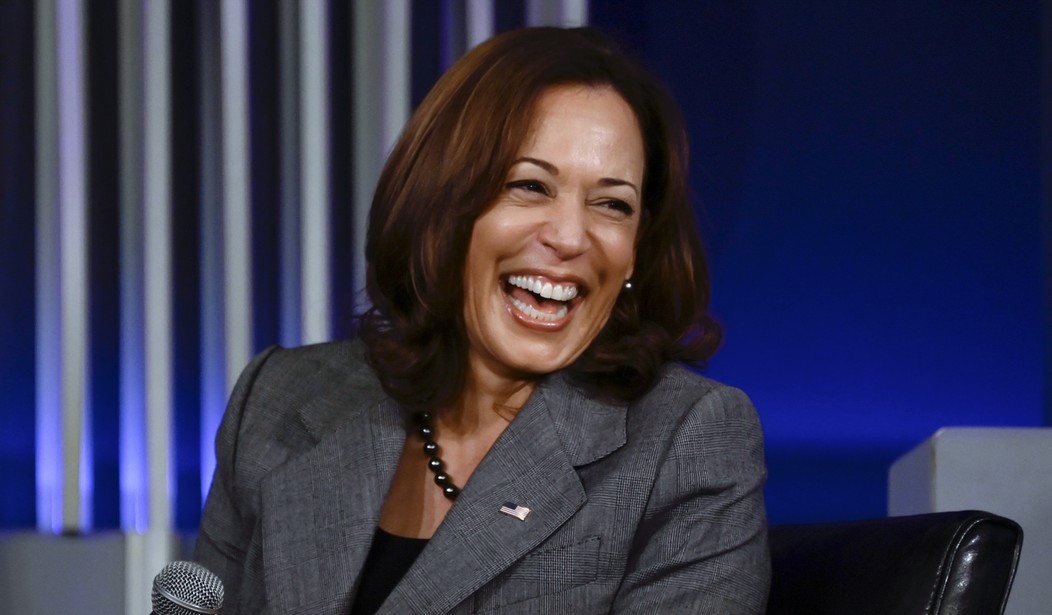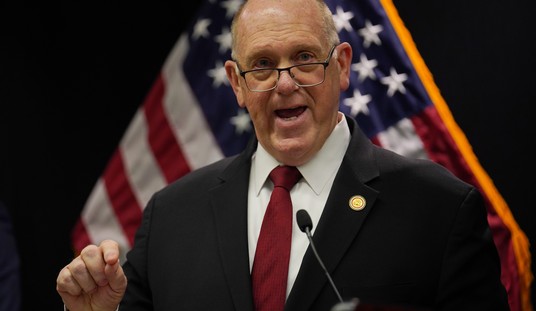THIS IS A REPRINT OF A VIP COLUMN FROM EARLIER IN THE WEEK. READERS (AND GENERALISSIMO DUANE) ASKED ME TO MAKE IT OPEN TO EVERYONE.
I was reading an interesting piece by Fred Bauer in UnHerd on the "reboot" of Kamala Harris' campaign strategy.
After months of avoiding the media almost entirely, she is now talking in less controlled settings, although so far, the only journalist she has actually sat down with is 60 Minutes' Bill Whitaker, who did a good job trying to pin down a slippery Kamala Harris. The interview did not go well.
Dana Bash isn't a good journalist, so I consider this Harris' first interview.
Bauer's piece crystallized something in my mind--something I have thought and said before, but I now see more clearly: Harris isn't just avoiding talking about policy because she is too radical for the electorate; rather, her campaign is about nothing but social class.
She is running to be the president of the gentry class, which in America is most college-educated voters.
Democrats have always run on class warfare to some extent, but until recently, they portrayed themselves as the champions of the working class. Not this time.
Harris doesn't talk about the issues because the issues don't matter much to college grads. I know that sounds odd, given that we tend to (wrongly) associate education with intellectual interest, but in modern America, college grads care more about social signaling than economics. They are, generally speaking, more insulated from social discord, economic chaos, crime, and the issues associated with border chaos.
The people hurt by Harris' policies tend to be more sensitive to these issues because of where they live, what they do for a living, and their need to pay close attention to bread-and-butter issues.
Harris’s 60 minutes interview has a wall-of-vibes dynamic. Policy details were scorned in favour of vague talking points. When asked about how she would pay for her expansive new spending programmes, she pivoted to claims about how the wealthy needed to pay their fair share. In a telling exchange, Harris refused three times to say whether or not it was a mistake for the Biden administration to loosen border controls as much as it did for the first three-and-a-half years in office. Where exactly Harris stood on many policy questions was no clearer by the end of the interview than at the beginning. Instead, viewers were treated to invocations of “consensus” — and a handy reminder that Liz Cheney is a Kamala Harris fan.
In recent years, the electorate has become increasingly polarised along educational lines, with college-educated voters becoming a pillar of the Democratic Party. Recent polling analysis from CNN gives Harris a historic advantage with college-educated Americans, winning this group by 21 points. By way of comparison, Hillary Clinton won this group by 15 points, and Barack Obama won voters with a college degree by only two points in 2012.
Harris’s vibes-based strategy seems optimised to appeal to this group. Many college-educated suburbanites are repelled by Donald Trump’s pugnacious brand of politics, and are also sceptical of the adversarial tone that often accompanies populism of both the Left and the Right. In appearance, Harris seems distinctly non-threatening.
Barack Obama set the tone for this reversal of the role of the parties regarding social class. David Brooks' famous description of his first meeting with Obama reflected this perfectly. Brooks, a New York Times columnist and nominal "conservative" fell in love with Barack Obama because he just LOOKED and sounded so damn good.
"I remember distinctly an image of--we were sitting on his couches, and I was looking at his pant leg and his perfectly creased pant," Brooks says, "and I'm thinking, a) he's going to be president and b) he'll be a very good president." In the fall of 2006, two days after Obama's The Audacity of Hope hit bookstores, Brooks published a glowing Times column. The headline was "Run, Barack, Run."
Obama was far more liberal in policies than Brooks, but Brooks saw in him a fellow member of the gentry class. That PANT CREASE said it all. Brooks believes Obama was a good president not because he left the country better off but because he was classy.
The gentry class sees Donald Trump as crass, crude, and inarticulate. He repels them at a fundamental level because he is not one of them. I asked a liberal once about what Trump did as president that was so bad--his presidential actions and policies, and not what he said that offended them--and he couldn't think of a single issue.
Abraham Accords? He didn't even know about them. Abortion? He disapproved of the Supreme Court decision, but it was not an issue that motivated his votes. The economy? He had no complaints. Foreign policy bothered him, but again it was Trump's not being classier to our European allies rather than any policy changes he made.
It was about how Trump spoke, not what he did.
Overeducated people don't care about policy because it rarely affects them. They want welfare state programs, but more for social signaling than anything else. It's not like they work, and they know it. The overeducated are fine with permanent poverty as long as they can claim to care and pay penance with taxes.
Taxes are their absolution, and speech codes and woke policies their substitute for doing good for others, and Kamala Harris is an acceptable vehicle for their aspirations. They would prefer Obama, of course, but he is not available. Michelle Obama would be great, but again, that is because she is an avatar of their class. Nobody has any idea of what her actions as president would look like.
Trump's coalition, too, has an element of class warfare. He represents the revolt of the proletariat, but more than that. A lot of Democrats who care about policy have moved over to his side because he does have policy positions and a record of policy success. I doubt RFK, Jr. loves how Trump talks, or Tulsi Gabbard for that matter. They care about policy more than class.
The "experts" and the educated care about class and not much more. When they say that Trump is not fit for office, they mean he is too crude for their taste.
Harris, vapid as she is, doesn't appeal to their intellect. It's the "vibes" they care about.








Join the conversation as a VIP Member